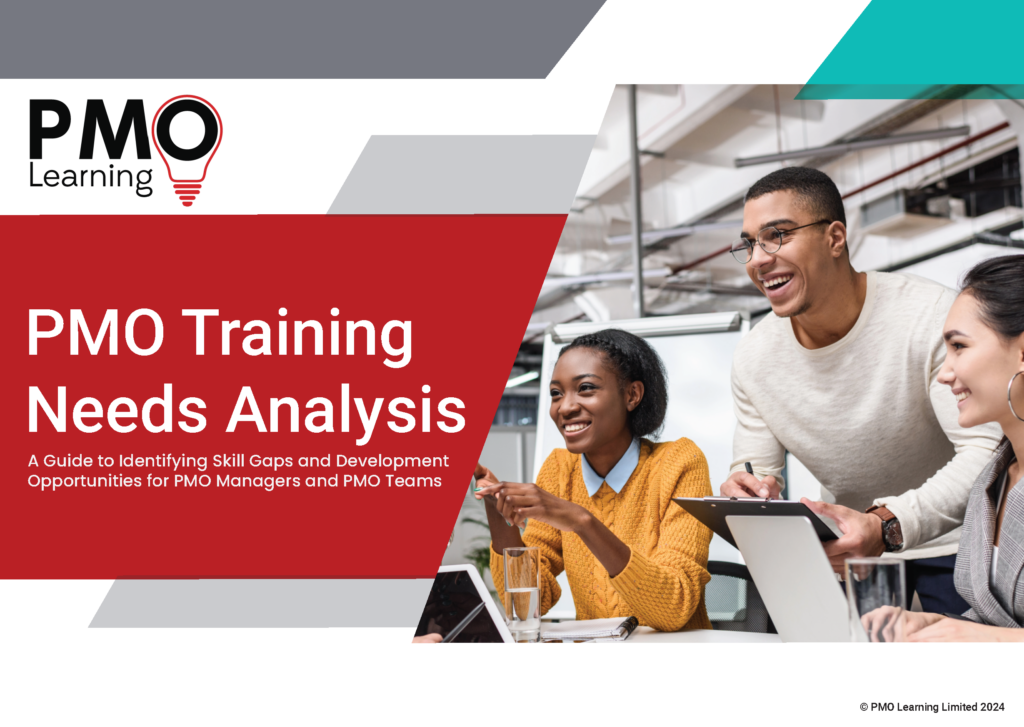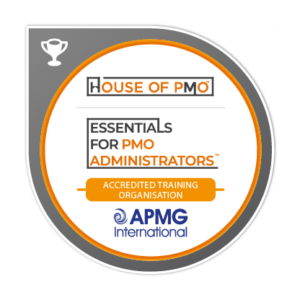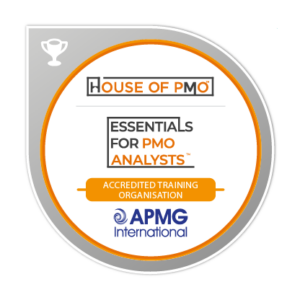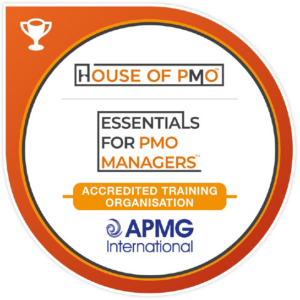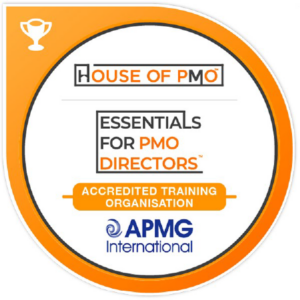
Assurance is all about delivering confidence across projects, programmes and portfolios and when it comes to success it’s easy to get caught up in the day-to-day hustle and forget the bigger picture. But as anyone working in a PMO knows, assurance is where the magic really happens. It’s about providing that crucial layer of oversight and confidence that keeps everything on track—projects, programmes, and entire portfolios.
You’ve probably heard the term assurance thrown around, but what does it actually mean in the context of a PMO? More importantly, how can your PMO use assurance to bring real value to your organisation? Let’s break it down, look at the three types of assurance, and highlight seven services your PMO could (and should) be offering.
- Three Types of Assurance: Project, Programme, and Portfolio
A PMO’s assurance work doesn’t just happen at one level—it’s layered across everything from individual projects to your entire portfolio of work. Understanding these layers is key to delivering real value.
Project Assurance
This is where it starts. The PMO ensures that individual projects are running as they should be—on time, on budget, and within scope. It’s about making sure that the project teams are following the processes and frameworks (like PRINCE2 or Agile) that they need to succeed. And, just as importantly, it’s about catching any issues before they become big problems.
Programme Assurance
Programmes are a different beast. They’re groups of related projects working towards a common goal. Here, the PMO ensures that not only are individual projects ticking along, but that the entire programme is delivering the benefits it set out to achieve. Are resources being used efficiently? Are the expected outcomes still aligned with strategic goals? Programme assurance answers these questions.
Portfolio Assurance
At the top of the food chain is portfolio assurance. This is the PMO’s way of ensuring that the organisation’s entire portfolio of work is balanced, aligned with long-term strategy, and delivering value. It’s not just about keeping things on track but about making sure the right things are being done in the first place. This is where the PMO can really shine, giving senior leadership confidence that they’re investing in the right initiatives.
Want to learn more about how to implement these levels of assurance in your PMO? Our PMO Assurance course is specifically designed to help PMO professionals understand and execute assurance across projects, programmes, and portfolios. It’s packed with practical insights and frameworks to get you started. Find out more here.
- The PMO’s Role in Assurance: More Than Just a Watchdog
Assurance isn’t just about checking boxes or playing the bad cop when things go wrong. A good PMO uses assurance to add value by focusing on governance, risk, quality, and compliance. Here’s how:
- Governance and Oversight
A PMO should establish clear governance frameworks that support independent reviews. These frameworks give the project, programme, and portfolio teams the structure they need, while also giving the organisation a way to measure success and course-correct if needed. - Risk Management
Identifying risks is one thing, but managing them effectively is another. The PMO’s job is to keep risk management front and centre—facilitating regular reviews and ensuring risks are tracked, mitigated, and escalated appropriately. - Quality Assurance
Whether it’s ensuring adherence to delivery methods or validating the outputs of a project, quality assurance is key. It’s not about nit-picking, but about ensuring the final deliverables are fit for purpose and align with the organisation’s standards. - Compliance Audits
Another essential function of the PMO is ensuring that projects comply with both internal and external regulations. This is especially critical in industries where regulatory oversight is stringent—like finance or healthcare.
- Seven Key Assurance Services Your PMO Should Offer
So, what does this look like in practice? If you’re wondering how to put this into action, here are seven assurance services that your PMO should be delivering:
- Independent Project Health Checks
Regular, impartial assessments of a project’s health. Think of it as a doctor’s check-up—identifying risks and issues before they become major problems. - Lifecycle Stage Reviews
Conducting assurance reviews at key milestones helps ensure that projects and programmes are progressing as expected and that they’re ready to move to the next phase. - Programme and Portfolio Alignment Assessments
This is about making sure that the work being done is aligned with strategic goals. Are we still on the right path? Are we delivering what the business needs? - Compliance Audits
These ensure that projects are following the necessary methodologies and regulatory standards. This keeps everyone in check and ensures a consistent approach across the board. - Risk and Issue Management
The PMO facilitates risk identification and tracking, helping teams manage risks proactively rather than reactively. This is about making sure risks are known, monitored, and mitigated. - Benefits Realisation Tracking
Tracking benefits doesn’t just happen at the end. Ongoing monitoring ensures that the expected benefits of projects and programmes are on track to be delivered and aligned with business goals. - Senior Stakeholder Reporting
Providing the right reports and dashboards to senior leaders so they have visibility into the health and performance of projects, programmes, and the overall portfolio.
These services are covered in detail in the PMO Assurance course, where we also dive into practical examples and case studies to help you implement them in your own PMO. Discover the course details here.
Why Assurance Matters
Assurance isn’t just about making sure projects finish on time or within budget—it’s about making sure the organisation is doing the right projects in the first place and doing them well. By offering these seven key services, your PMO can provide the oversight and support that the organisation needs to make informed decisions and avoid costly mistakes.
And with a strong assurance function, your PMO can go from being seen as an administrative necessity to being a strategic asset.
Enjoying Our Blog?
Sign up and receive all our articles (we’ll send you an update once a week!) plus special offers and events:




